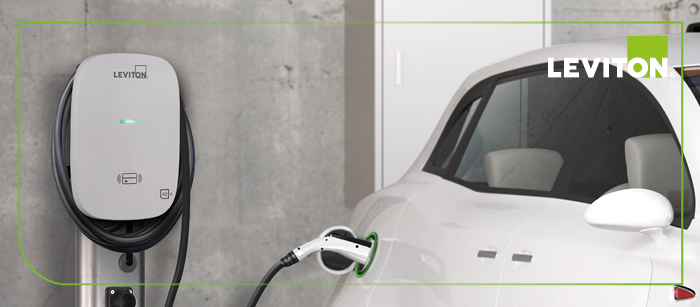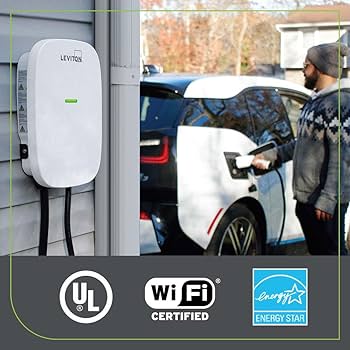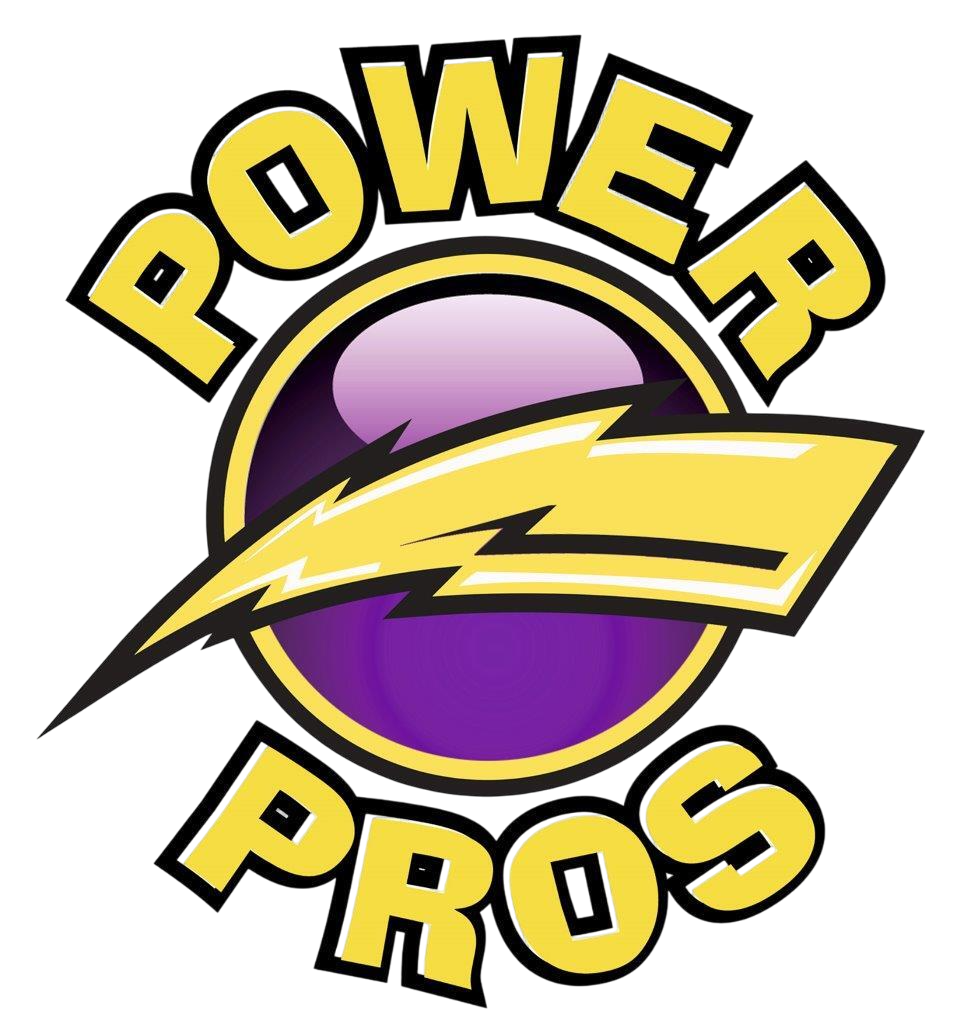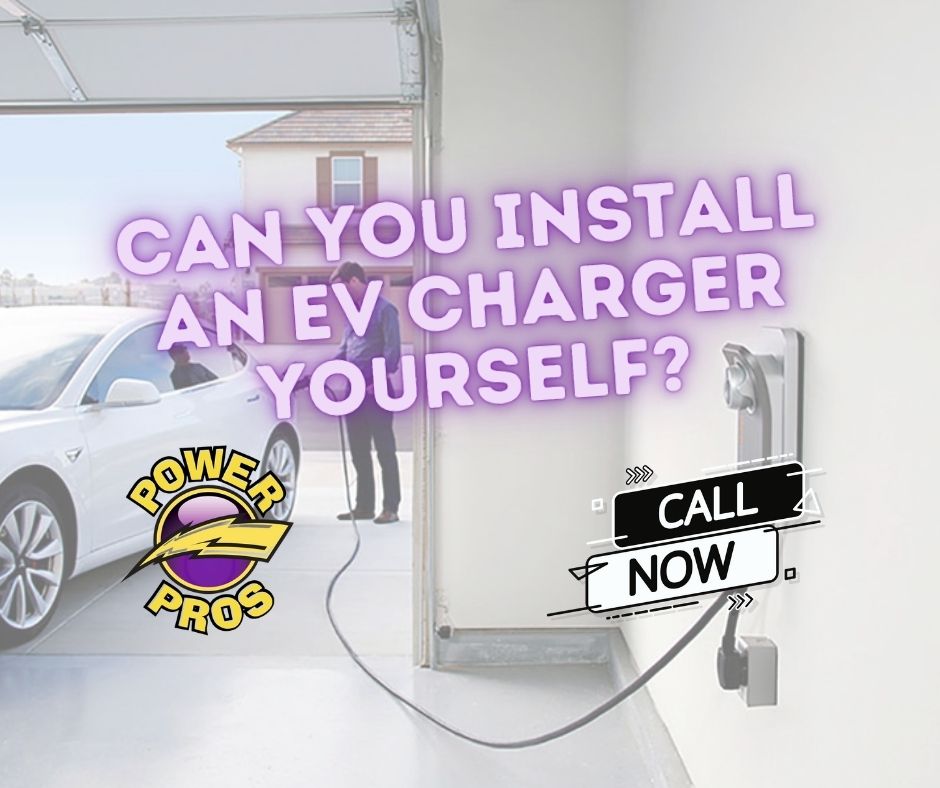Thinking about installing your own EV charger? You’re not alone. As electric vehicle adoption surges across the Pittsburgh Metro and beyond, more homeowners are exploring the DIY route. And on the surface, it seems doable—especially with the growing number of “plug-and-play” charger options on the market.
But before you grab your toolbox and head for the circuit panel, it’s important to understand what EV charger installation actually entails. We’re talking about high-voltage wiring, local permit requirements, safety codes, and your home’s electrical infrastructure—all of which can turn a seemingly simple job into a high-stakes project.
Let’s walk through what’s involved in EV charger installation, when DIY might be okay, and why calling a pro (like the seasoned team at Power Pros) is often the smarter, safer move.
Understanding the Basics of EV Charger Installation
Installing an EV charger isn’t just about finding a free spot on your garage wall and plugging in. It requires an understanding of charger types, your home’s electrical capacity, and how those two intersect.
Level 1 vs. Level 2 Chargers — What’s the Difference?
While Level 1 chargers can be plugged into any household outlet, Level 2 chargers demand more planning—and usually, a certified electrician.
DIY Installation — Is It Even Legal in Pennsylvania?
You might be wondering, “Is it even legal to install my own EV charger?”
The short answer? Sometimes. But it’s rarely simple, and almost always comes with strings attached. Here’s how it typically plays out in Pennsylvania, especially around the Pittsburgh Metro:
Let’s say you bypass the permit process. You might face:
In short: Even if the DIY path seems straightforward, the legal and safety implications are anything but.

When DIY Installation Could Work
That said, there are scenarios where DIY installation might make sense—but only if certain conditions are met.
You’re Installing a Level 1 Charger
A Level 1 EV charger typically uses 1.2 to 2 kilowatts (kW) or 1,200 to 2,000 watts. This type of charger utilizes a standard 120-volt household outlet and is the slowest charging option for electric vehicles. A standard 15-amp outlet is 1.8 kW, but when you use it for more than 3 hours, it needs to be derated to 80%. Even a level 1 charger should have a dedicated 20-amp circuit.
This is the simplest case. Level 1 chargers don’t require new wiring or special hardware.
However, keep in mind that Level 1 charging is slow. For daily use or longer commutes, it may not cut it.
You’re a Licensed Electrician or Skilled DIYer
This goes beyond weekend warrior territory.
If you don’t regularly work with 240V systems, this route can quickly become overwhelming—and risky.
You Have an Existing 240V Outlet
In some homes, especially those previously outfitted for electric dryers or stoves, a 240V outlet might already exist.
A standard 50-amp outlet is not made to handle the high current for the time required to charge a car, even a Level 2. The outlet you need is rated for a car charger.
Even then, it’s wise to have a professional assess whether it’s truly ready to support high-powered EV charging.

Why Most Homeowners Should Leave It to the Pros
Even with all the YouTube tutorials and DIY guides out there, EV charger installation is not a typical DIY task. Here’s why hiring a professional for new ev charging stations just makes sense.
Safety First — It’s More Than Just Plug and Play
Electricity is powerful—and unforgiving.
Permits, Panels, and Pittsburgh’s Electrical Code
Professional electricians understand the unique requirements of the National Electrical Code, as well as the nuances of each township.
Avoiding Voided Warranties
Leviton’s chargers are built to last—but they require certified installation for the warranty to remain valid.
Serving Pittsburgh Metro
The #1 Briggs & Stratton Generator DealerContact Power Pros Today
Why Choose Power Pros for Your EV Charger Installation?
Power Pros is Pittsburgh’s trusted energy expert for high-quality, code-compliant EV charger installations.
We’re not just licensed and insured electricians—we’re also a certified installer of Leviton EV chargers, ensuring seamless integration, smart functionality, and full warranty protection.
With years of collective experience, the Power Pros team has become known for exceptional customer service, efficient installations, and a commitment to doing the job right the first time. Their reputation speaks for itself:
When you work with Power Pros, you’re not just buying an EV charger—you’re investing in peace of mind, local expertise, and energy independence.
Final Verdict — Can You Install an EV Charger Yourself? Yes. Should You? Probably Not.
Sure, the idea of saving money and taking control of your installation is tempting. But between the complex electrical work, permit headaches, safety risks, and the possibility of voided warranties—it’s a gamble few homeowners should take.
More importantly, your EV charger is more than just a plug—it’s an energy hub for the future of your home. With smart features, storage potential, and integration with renewable energy, your charger needs to be installed right to serve you well for years to come.

Next Steps: Trust Power Pros to Power Your Future
EV charger installation isn’t just another weekend project—it’s a long-term upgrade to how you power your life. From safety and efficiency to code compliance and long-term performance, working with Power Pros ensures every detail is done right.
If you live in the Pittsburgh Metro area, now is the perfect time to schedule a consultation. Whether you’re looking to install a Leviton EV charger, upgrade your electrical service or panel, or prepare for power outages with a reliable home generator—Power Pros has the tools, team, and trust to deliver.
Contact Power Pros today for a free consultation and see why Pittsburgh trusts them for all things energy.

